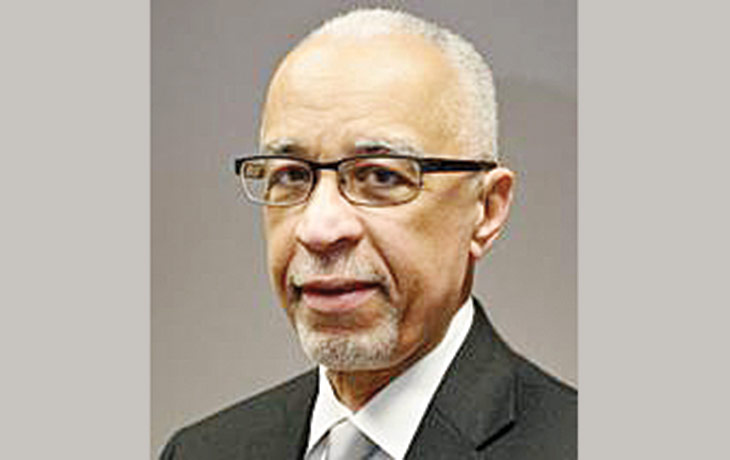by Mike Jones
Last month, Congress adjourned for its August recess, specifically the U.S. House of Representatives. They left town without extending, or even speaking to, the federal eviction moratorium. On the other end of Pennsylvania Ave., the White House was equally silent. This moratorium affected seven million people.
But not all members of the House left town. A Black freshman congresswoman from Missouri felt she couldn’t go home, not with the very real possibility that 7 million Americans could become homeless. What could she do?
She didn’t have rank or any institutional power that could make anyone act, and she didn’t call a press conference. She did what you do when you’ve done all that you can. She just stood. Not only did Congresswoman Cori Bush stand on the Capitol steps to protest the end of the eviction moratorium, but she was also joined by two of her colleagues, Congresswoman Ilhan Omar and Congresswoman Ayanna Pressley. They slept on the Capitol steps. She simply said, “I know what it’s like.”
The audacity and humanity of their action, and their commitment to stay there until somebody did something, captured the attention of the nation and compelled President Joe Biden, House Speaker Nancy Pelosi and Senate Majority Leader Chuck Schumer to act to extend the moratorium. The fact that the Supreme Court overturned their reprieve is not the point of this column.
The power of Black leadership has never been a function of our overwhelming numbers. It has never had the leverage that comes from holding positions of authority and it has never had the active support of most white Americans. The power of Black leadership is grounded in something much deeper, more profound and transformative. It is moral authority.
Moral authority empowers leaders of oppressed people to speak truth to power. “Let my people go.” Whether you consider the Bible literal truth or allegory, this demand of Moses to Pharaoh is what speaking truth to power sounds like. The truth doesn’t request; it demands. Because the demand is grounded in the truth it has the moral authority to bring power to kneel. It’s how a young shepherd with a slingshot slays a giant with a sword.
Whatever progress we’ve made in America, surviving enslavement to overcoming Jim Crow, was not because of numerical superiority and/or political contrivance. It was because we produced leadership with the moral authority, capacity and courage to speak truth to power.
Our story has no shortage of heroes, but there are two that hold special reverence for me. I’m talking about Frederick Douglass and Martin Luther King Jr.
Every Fourth of July, we’ll reference Douglass’ speech (he refused to give on July 4, giving it the next day), “What to the Slave Is the Fourth of July?”
Douglass gave this speech in 1852, as the country was beginning to spin out of control. It led to the Civil War.
In a flurry of rhetorical brilliance and biting irony Douglass uses the Constitution, the Declaration of Independence and the Bible to castigate America for its cruelty and exploitation of enslaved.
Just over a century later, King gave an equally important and profound speech at the March On Washington for Jobs and Freedom. Like Douglass, he used the founding documents to make the case against America.
I raise these examples to highlight the fact that we need Black political leadership with the inclination and skills to attack American hypocrisy and injustice while making a rational argument. What we currently have are too many highly ambitious, transactional politicians who are equally as likely to be America’s ambassador to the Black community as the Black community’s advocates to America.
Is morality based Black political leadership still possible? If it is, can it still be effective? I think the answers are yes. In fact, it’s the only kind of leadership that will work for us. Until we can again produce a critical mass of Black political leadership that defines itself as the tip of the spear in the war for a just and equitable America, there will be no America in which Black lives will matter.
The fact that we can still produce a Congresswoman Bush, who was willing to sleep on the Capitol steps so some of her fellow citizens won’t have to sleep in the streets, means we still have hope.
From the St. Louis American

